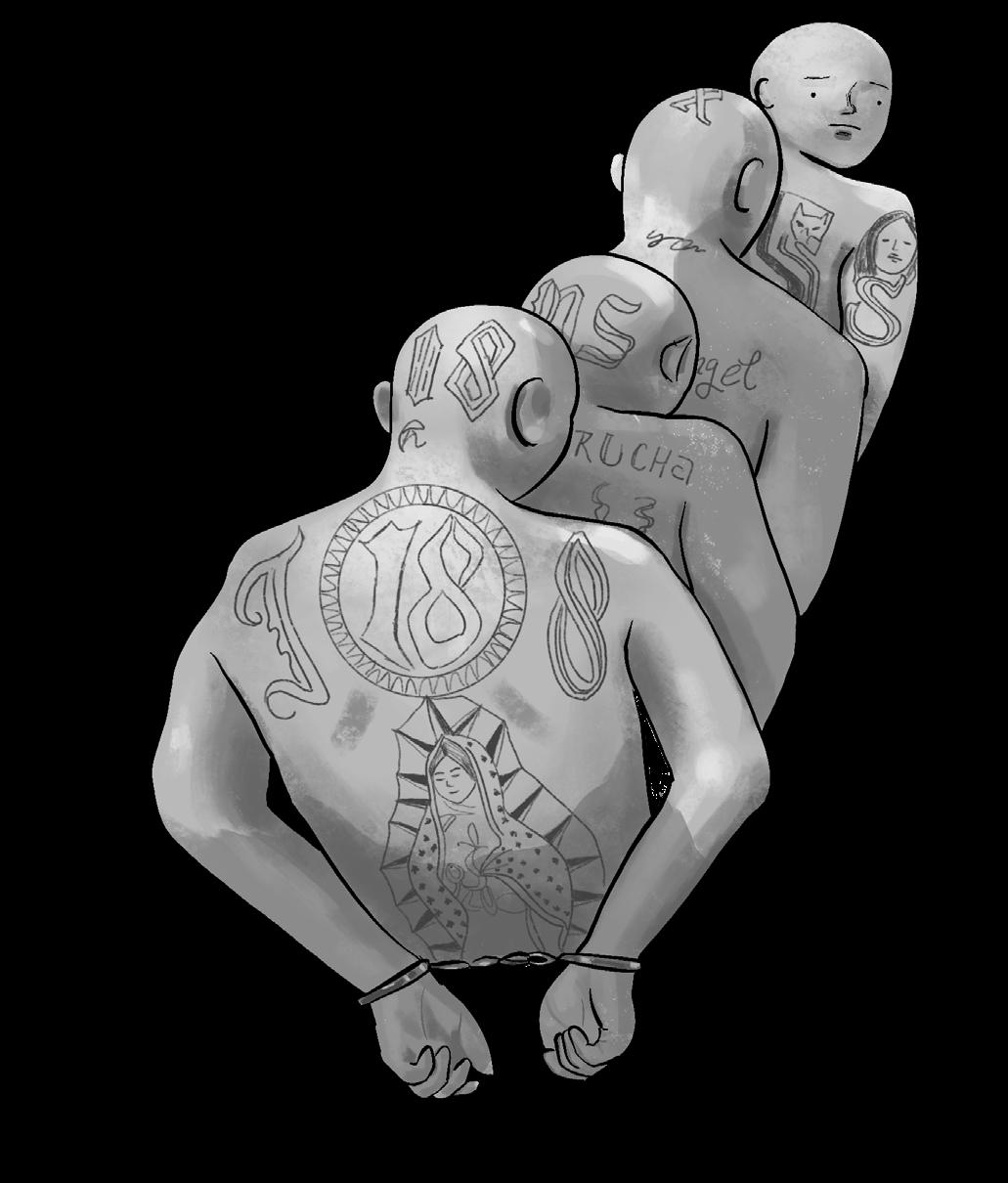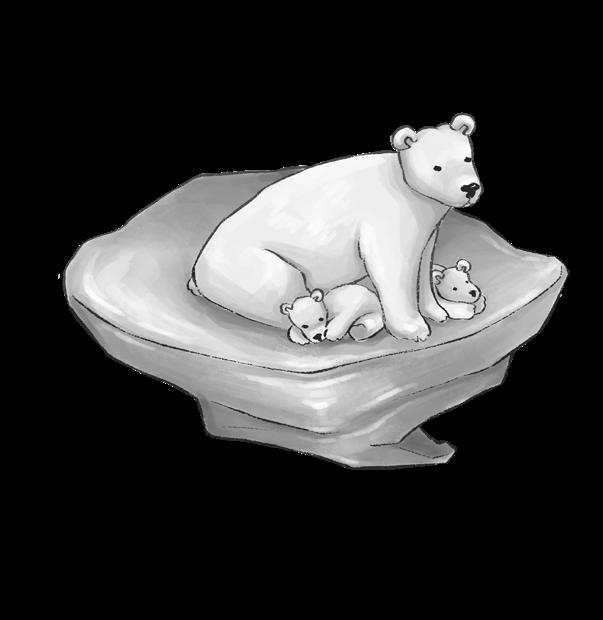
3 minute read
Sports violence: High tensions on and off the field
Lia Yereslove
In 2014 the Giants won the World Series in the city of San Francisco. Rather than run in the streets in celebration, Giants fans did what some sports fans do after a win or loss—they started a riot. With buildings vandalized, fires sparked, many injured and over 40 fans arrested, the 2014 victory for San Francisco turned into one of several infamous incidents of violence following sports games. These events include but are not limited to the NBA championships, World Series championships, Super Bowl championships, The Stanley Cup and more.
Advertisement
Violence after a loss is a common occurrence. According to Worldpress, one deadly instance occurred in 2011 in Vancouver, Canada. After the Vancouver Canucks lost 0-4 in the last game of seven to the Boston Bruins, a violent riot ensued shortly after. Many fell victim to the riots, including Bruins fans, and several flags and jerseys of both teams were set on fire. When the riot ended after nearly five hours of destruction, 140 people were injured including nine police officers and 117 arrests were made. Although the town was eventually cleaned up due to the efforts of 15,000 volunteers who fixed the many vandalized and destroyed buildings and cars, the effects of the riot were not unrecognized by the public and the media.
Michael Jordan, considered one of the greatest basketball players of all time, joined the the worst celebration of those three occurred in June 1993 when two people were killed and more than 700 Bulls fans were arrested. To create a safer environment after these infamous 1993 riots, the city added more police during times of championship games, and after the Cubs won the 2016 World Series, fans celebrated peacefully without rioting or looting.
“Sport-related riots can occur because fans are extremely passionate, and there’s a lot of disappointment and emotion when a team loses. Furthermore, fan rivalries promote a hostile environment which can contribute to chaos and anger when the game result is not desired,” Junior Rhiannon Waldschmidt said.
Cases of sports-based violence can extend beyond the actual games. During the 2023 Super Bowl commercials, a commercial from the streaming service Tubi sparked angry reactions from viewers.
Tubi live-streamed a 15-second commercial that tricked viewers into thinking they had switched their channel from watching the Super Bowl to clicking on the Tubi app and selecting a movie. Vanity Fair stated, “The jarring ad left many viewers confused—and angry.” Others online also complained that the Tubi advertisement created arguments between couples and families. Pro softball player Haley Cruse Mitchell commented, “That Tubi commercial definitely made me start a fight with my husband.”
There are several potential explanations as to why violence increases after major sporting events. According to the Washington Post, fans’ testosterone levels increase after their team wins, which could be a cause behind rioting after a win. In addition, research has shown that domestic violence often increases after high-intensity sporting events including football, soccer and basketball, due to increased emotional intensity and alcohol consumption. For one, sporting events can cause fans to become overly excited and agitated. A 2011 study published in the Quarterly Journal of Economics found that unexpected or “upset losses”—for example, defeats when a home team is predicted to win by a large margin—are correlated with increased emotional intensity and a 10% growth in domestic violence. The Economist finds that alcohol consumption is often associated with sports games as well. Excessive drinking during games can impair judgment and lead to aggressive behavior, which can increase the likelihood of domestic violence occurring after the game.
While one may expect the media to respond negatively against sportsbased violence, this is not always the case. Although the media often
Staff Writer
2018, Eagles fans rioted and looted Philadelphia following the 2018 NFL championship after winning against the New England Patriots. Despite public outrage, media outlets downplayed this destruction. According to Daily Trojan, on ABC’s “Good Morning America,” former NFL player and GMA co-host Michael Strahan simply called the fans “rowdy,” disregarding the extent of the damage the rioters had caused to the city.
“Seeing violence being downplayed by the media is deeply upsetting. Bias in the media has the potential to skew viewers’ opinions and exacerbate feelings of acceptance towards the violence ensuing sports games. The media can counter this bias by showcasing a variety of different opinions,” Junior Ameya Ganesh said.
Although many may suspect fan riots to only follow losses, there have been many instances of violence after a victory. Several times, a team win results in a loss for a city due to looting, vandalization and rioting.

Like Flowers of Summer
By Senior Nicholas Yen

In life you know the days may fade with shame, There’s much of beauty fading in regret, But there is time to catch that golden flame. Most people don’t believe, their lives are tame, They carefully ink their canvas dripped with sweat, Contorting in corners down edges with shame.
But life is like one youthful summer’s dame, On far horizon blazing without regret, Go paint before it wilts that golden flame.
I came and brightly burned through this dread game, I wish I’d never have to numb and set, I wish to splash and dazzle without shame.
Will you distort and then evade the blame? Like a thousand thousand others who forget To grasp this flame and then renounce their name.
What is your name, my dear, what is your name? When faced with cruel and cold unfeeling threat, Do not let any second fade with shame. The time is now, will you embrace the flame










